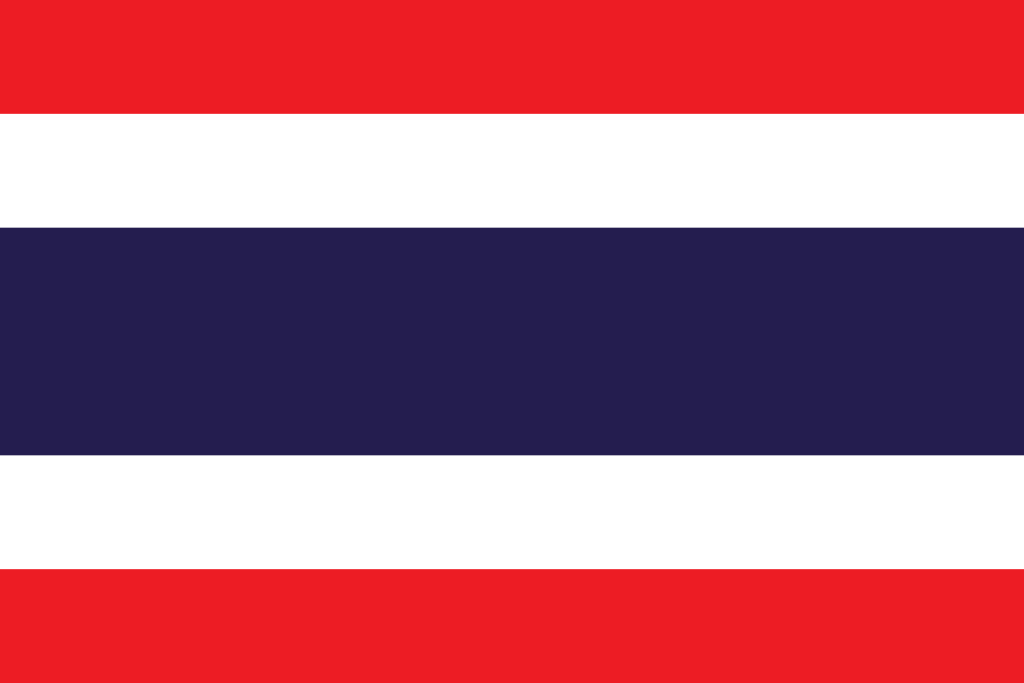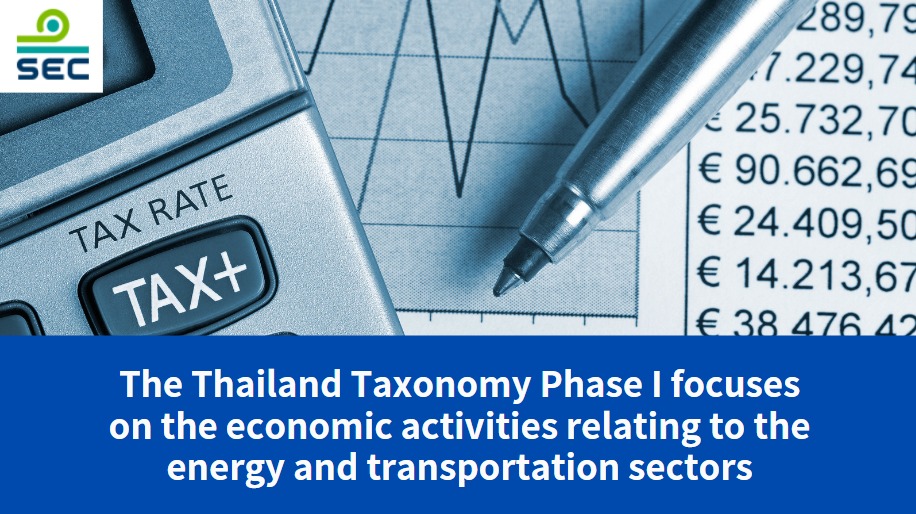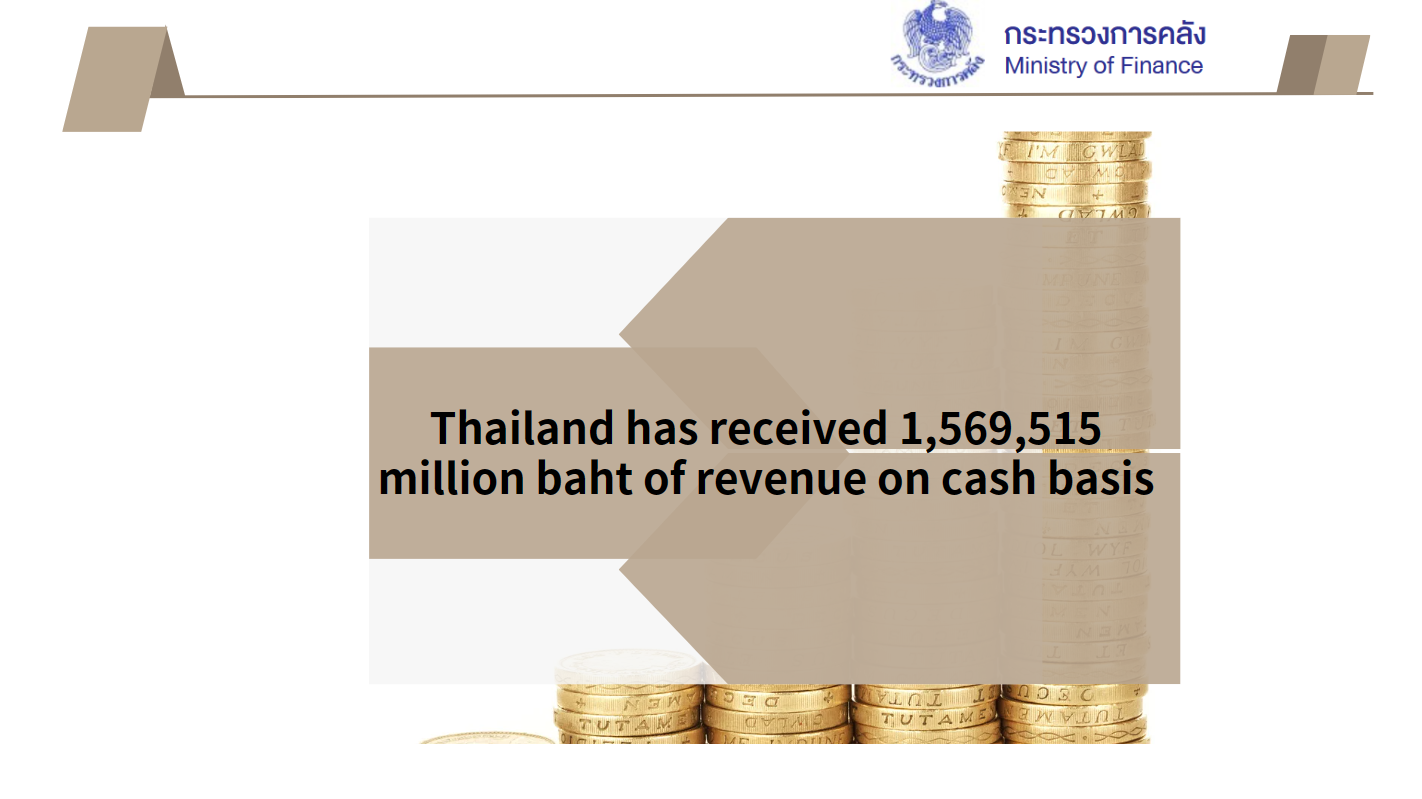Press Release on the Economic and Monetary Conditions for May 2023
Private consumption indicators, after seasonal adjustment, increased from the previous month mainly from spending on non-durable goods, especially in consumer goods. This was partly owing to temporary factors such as activities during the election period, a postponement of the income transfer for the state welfare cardholders from the previous month, and a long holiday period in this month. Meanwhile, the factors supporting household spending continued to improve both in terms of employment and consumer confidence. However, the elevated living costs remained and put downward pressure on the overall consumption.
Private investment indicators, after seasonal adjustment, increased from the previous month due to investment in machinery and equipment. This was partly due to certain factors such as a large amount of import of computers and related equipment as well as aircrafts. Likewise, investment in construction increased in both sales of construction materials and permitted area for construction.
Public spending, excluding transfer payments, expanded from the same period last year. In terms of the central government, current expenditures expanded from the compensation of public servants, while capital expenditures expanded from the disbursements of transportation and irrigation projects. Meanwhile, investments by state-owned enterprises expanded in line with disbursements in energy and utility projects.
The value of merchandise exports, excluding gold and after seasonal adjustment, improved from the previous month in several categories. This included automotive, agro-manufacturing products, and electrical appliances, followed the increase in demand from trading partners. Nonetheless, durian exports declined in line with lower output.
Manufacturing production, after seasonal adjustment, picked up after a sharp decline in the previous month, especially the production of food and beverages as well as electrical appliances, due to the demand from trading partners. Nonetheless, the manufacturing of petroleum products declined due to a temporarily closure of an oil refinery for maintenance.
The value of merchandise imports, excluding gold and after seasonal adjustment, decreased from the previous month due to lower imports of raw materials and intermediate goods such as natural gas, steels and chemicals, as well as consumer goods, especially in smartphones and electric vehicles, after their imports accelerated in the preceding months. Imports of capital goods, however, increased in several categories including aircraft and computer equipment.
The number of foreign tourist arrivals, after seasonal adjustment, increased from the previous month in several nationalities, especially tourists from the Middle East, Europe and Japan. Nonetheless, tourist arrivals from India and Malaysia slightly declined. Meanwhile, the number of Chinese tourists remained flat compared to the previous month.
On the stability front, headline inflation declined mainly from lower energy prices due to 1) lower electricity prices thanks to the government subsidy, 2) lower domestic retail oil prices in line with global crude oil prices, and 3) the high base effect of last year consumer price index. Core inflation also decreased slightly from a high base effect of seasoning and condiment prices. The labor market improved in consistent with the economic conditions, as reflected by an increase in the number of insured persons in the social security system. The current account registered a deficit due to the remittance outflow of profits and dividends by foreign businesses, together with intellectual property payments, while the trade balance displayed a small surplus. As for exchange rates, the baht against the US dollar, on average, was stable from the previous month.
Bank of Thailand
30 June 2023























































First, please LoginComment After ~